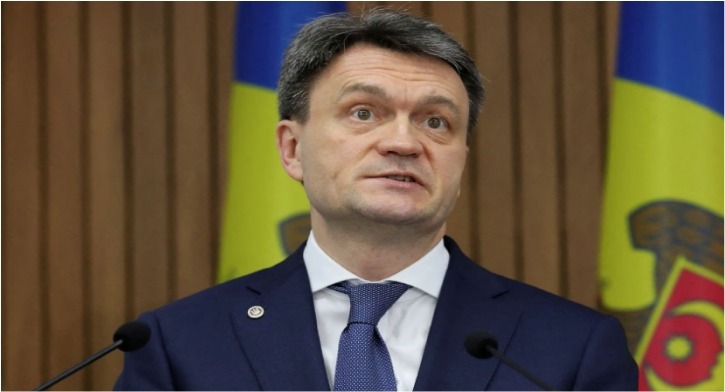
Gagauzia, a pro-Russian region within Moldova, has officially endorsed the election of a new local leader with a strong inclination towards strengthening ties with Moscow. This development has caused a conflict with Moldova’s pro-European government, despite the country’s condemnation of Russia’s invasion and accusations of destabilization against President Maia Sandu’s administration.
The election results have raised concerns among Moldova’s prime minister and other officials, who suspect the presence of irregularities. Prime Minister Dorin Recean pointed out that the police and prosecutors have already identified certain irregularities during the voting process, leaving the outcome of the election uncertain.
The recently elected leader, Yevgeniya Gutul, belongs to the Sor Party, which has been actively demanding President Sandu’s resignation through protests. Gutul openly expresses a desire for closer relations with Moscow, indicating a pro-Russian stance.
Throughout its 30 years of independence, Moldova has encountered various challenges, including the existence of a pro-Russian separatist statelet in Transdniestria and ongoing discontent within Gagauzia. Gagauzia, a region where a significant portion of the population adheres to the Russian Orthodox Church, unanimously supported the election outcome, resulting in protests outside the assembly building with demonstrators calling for President Sandu’s removal.
The Constitutional Court of Moldova is expected to make a crucial ruling on whether to ban the Sor Party from participating in future elections. The party’s leader, Ilan Sor, a business magnate residing in Israel, recently received an increased prison sentence of 15 years in absentia for his involvement in the massive theft of $1 billion from Moldovan banks between 2014 and 2015.
The clash between Gagauzia, a pro-Russian stronghold, and Moldova’s pro-European government highlights the ongoing struggle for influence within the country. The outcome of the Constitutional Court’s ruling and the response from central authorities will significantly shape the political landscape of Moldova and its relationship with Russia.
Moldova, a small and economically disadvantaged state located between Ukraine and Romania, has long been caught in a tug-of-war between Russia and the European Union. The country has faced political instability, corruption, and economic challenges, making it susceptible to external influences.
The election in Gagauzia comes at a time when Moldova is already grappling with the aftermath of Russia’s invasion of Ukraine and its implications for regional security. The Moldovan government has accused Russia of trying to destabilize the country and has sought support from the international community to counter Russian aggression.
The Constitutional Court’s ruling on whether to bar the Sor Party from future elections will be closely watched, as it will determine the party’s ability to participate in Moldova’s political landscape. This decision will have far-reaching consequences and could shape the power dynamics between the pro-European and pro-Russian forces in the country.
The conflict between Gagauzia and the central government also underscores the complex ethnic and religious divisions within Moldova. Gagauzia, with its predominantly Turkic population adhering to the Russian Orthodox Church, has historically maintained closer ties with Russia. The region’s support for a pro-Russian leader reflects the sentiments of its population and further deepens the divide between different regions of Moldova.
As the Constitutional Court prepares to deliver its ruling, tensions are likely to escalate between the pro-Russian and pro-European factions in Moldova. The outcome of this conflict will not only shape the country’s domestic politics but also have implications for its foreign policy orientation and relationships with Russia and the European Union. The path Moldova chooses will determine its future trajectory and its ability to navigate the complex geopolitical landscape in the region.
